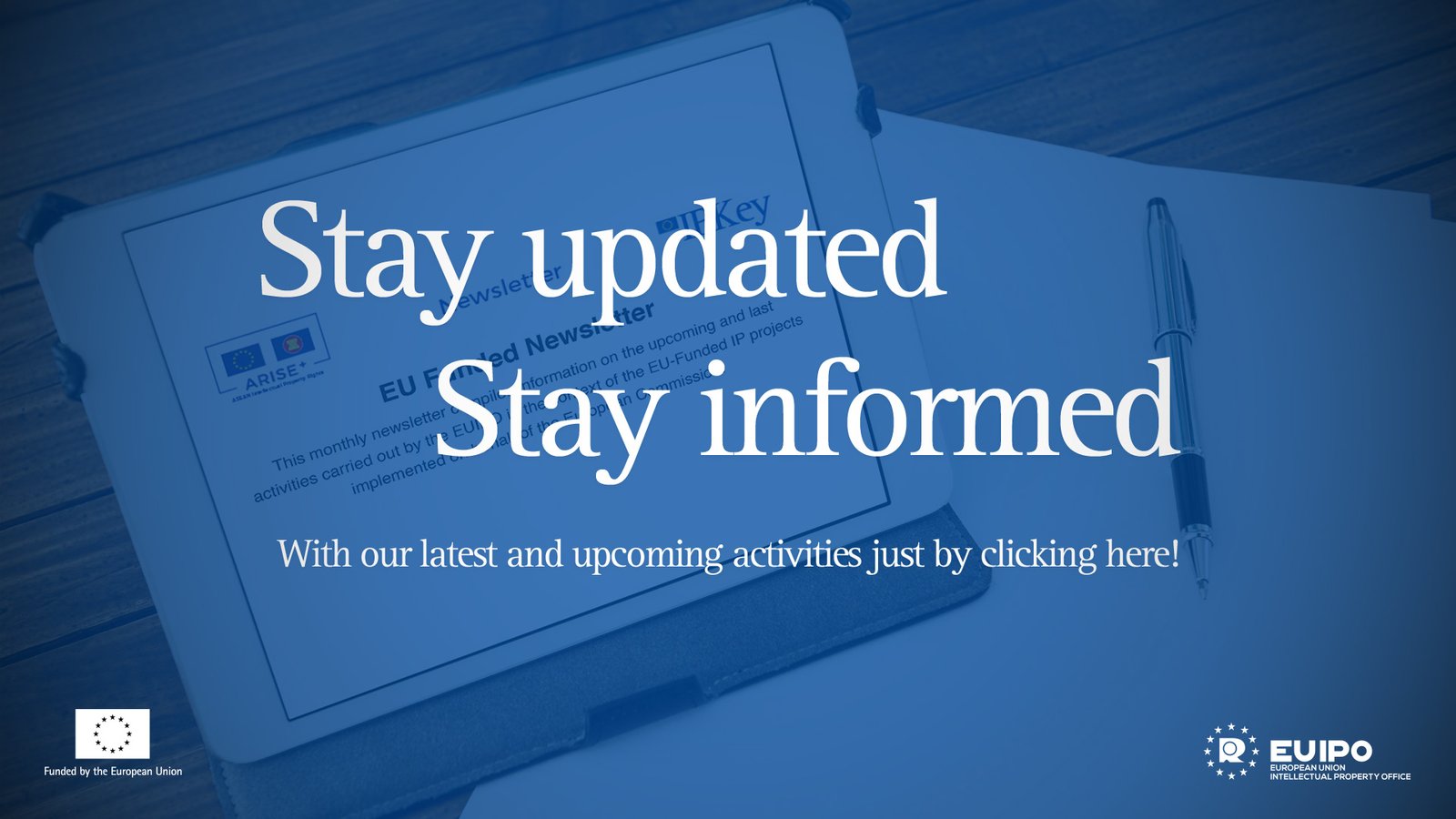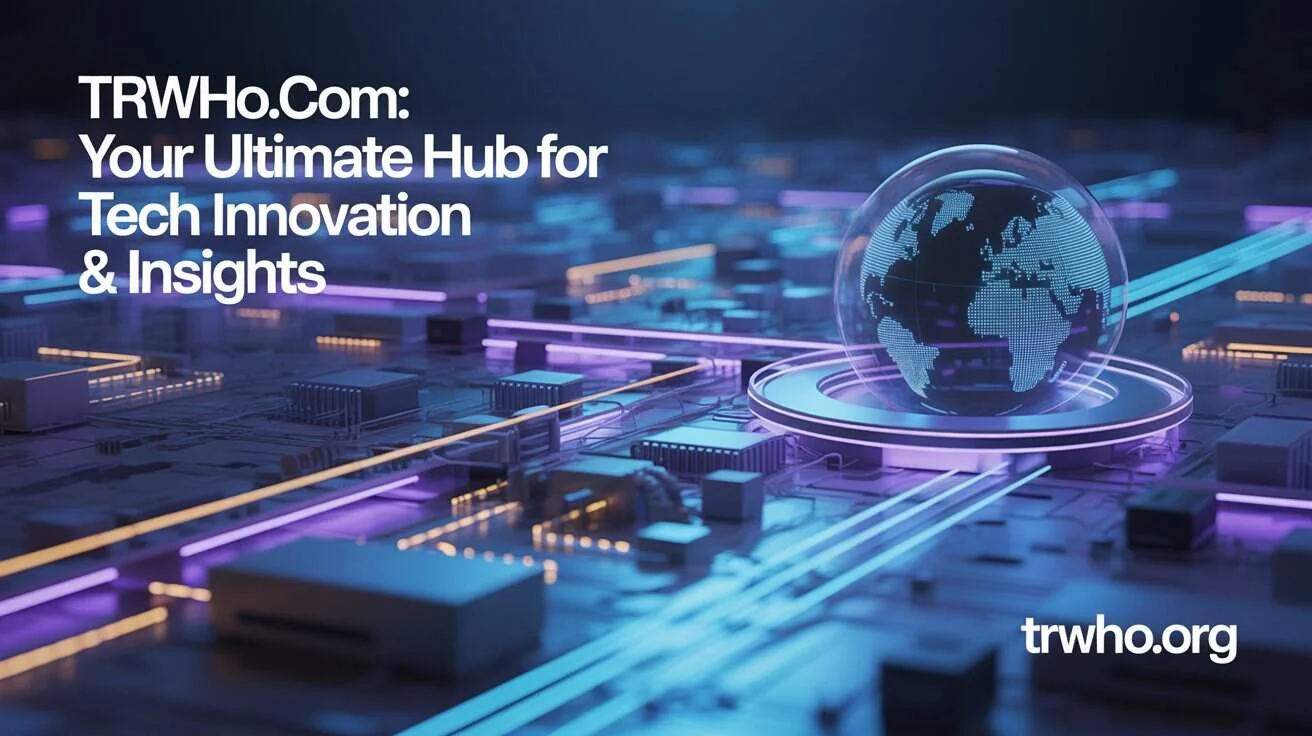Understanding the Importance of Staying Informed
Stay Informed In today’s fast-paced world, the necessity of staying informed extends beyond mere curiosity; it encompasses a broader spectrum of responsibilities and consequences that affect personal and societal functioning. Being aware of current events allows individuals to make well-informed decisions in their daily lives, affecting everything from personal finance choices to health-related matters. An individual who is continuously updated on their surroundings is better positioned to navigate complex scenarios and make choices that align with their values and beliefs.
Moreover, there exists a strong correlation between informed citizens and the overall health of a democracy. When individuals engage critically with information and remain updated on civic issues, they are more likely to participate in the democratic process. This engagement can manifest in various forms, such as voting, attending local meetings, or advocating for community needs. An electorate composed of knowledgeable individuals is essential for holding elected officials accountable and ensuring that public policies reflect the populace’s best interests.
The rise of misinformation poses another challenge in the modern information landscape, making the act of staying informed even more critical. Individuals may be misled by false narratives or sensational headlines, which can distort perceptions and facilitate apathy. Consequently, those who are adept at distinguishing factual reports from misleading information are contributing positively to their communities. By actively engaging with trustworthy sources, people can play a pivotal role in combating misinformation and fostering a well-informed populace.
Staying informed is not merely a personal obligation; it is a social responsibility that encourages better engagement and participation within the community. As citizens recognize the importance of their awareness, they are empowered to improve their surroundings. With the continuous influx of information available in our daily lives, the commitment to stay informed ultimately cultivates an informed society that benefits everyone.
Effective Sources for Staying Informed
In today’s fast-paced world, staying informed is essential for making educated decisions. To effectively keep up with the latest news, one can categorize information sources into two primary types: traditional media and digital media. Each type offers distinct benefits and challenges that require careful consideration.
Traditional media, including newspapers, television, and radio, has long been a cornerstone for news dissemination. These outlets traditionally adhere to journalistic standards and ethics, providing established and vetted information. Newspapers, both in print and online formats, offer in-depth reporting on various issues. Television news networks deliver timely updates, while radio provides flexibility for on-the-go listening. Despite the reliability of these sources, it is important to maintain a critical perspective, recognizing potential bias or sensationalism that may color the reporting.
On the other hand, digital media has revolutionized the way information is consumed. Blogs, podcasts, and social media platforms allow for immediate access and often feature diverse opinions and lesser-known insights. However, this plethora of information requires users to exercise discernment. Not all digital content is credible; discerning readers must evaluate the author’s credentials and the sources cited within the material. Avoiding fake news is paramount, which can be accomplished by cross-referencing facts across multiple reputable platforms.
For those seeking to streamline their news consumption, several platforms and tools can assist in aggregating content from various sources. News aggregators like Feedly and Flipboard curate content tailored to user interests. Moreover, social media platforms like Twitter and LinkedIn can provide real-time updates from credible journalists and experts. By leveraging these resources and employing critical thinking skills, individuals can better navigate the complex landscape of information and ultimately stay informed.

Strategies to Incorporate News Consumption into Your Daily Routine
In an era characterized by an overwhelming influx of information, it has become increasingly essential to stay informed without succumbing to information overload. To effectively incorporate news consumption into your daily routine, consider adopting practical strategies that blend seamlessly with your busy lifestyle.
A beneficial approach is to allocate specific times during the day for news consumption. By establishing a routine—such as reading news articles during your morning coffee or catching up on the latest developments during lunch breaks—you create a structured time for staying informed without distractions. This not only helps in digesting news in manageable portions but also assists in fostering a habit that promotes consistency.
Utilizing mobile applications for news notifications is another efficient way to stay updated. Many apps allow users to customize alerts based on interests and preferences, ensuring they receive pertinent updates without being overwhelmed by irrelevant information. Moreover, subscribing to curated newsletters can deliver essential news summaries directly to your inbox, allowing for quick reviews of significant topics without the need to scour multiple sources.
Participating in discussions with peers can further enhance your understanding of current events. Regular conversations about the news foster diverse perspectives and critical thinking, making the learning process interactive and engaging. However, it is crucial to strike a balance between staying informed and avoiding information overload. Consider implementing moderation techniques, such as designating specific days for in-depth news engagement or limiting consumption to reputable sources only.
By adopting these strategies, you can stay informed in a deliberate and focused manner, ensuring that your news consumption complements rather than detracts from your daily life.
The Role of Social Media in Staying Informed
In the contemporary digital landscape, social media has emerged as a dominant platform for disseminating information and news. The instantaneous nature of platforms such as Twitter, Facebook, and Instagram allows users to access real-time updates on various topics ranging from global politics to local community events. This immediacy can significantly enhance one’s ability to stay informed, providing a plethora of diverse perspectives and enabling individuals to engage in discussions that can enrich their understanding of complex issues.
However, the dual nature of social media cannot be overlooked. While it offers a powerful means to gather information, it also harbors significant risks, notably the spread of misinformation and the formation of echo chambers. Misinformation can be particularly detrimental, as false narratives can spread quickly and obscure the truth. Users may inadvertently consume and share misleading content, emphasizing the need for a discerning approach to news consumption on social platforms.
To effectively navigate the social media landscape, individuals should adopt strategies that prioritize credible sources and diverse viewpoints. Curating one’s social media feeds is essential; follow reputable news organizations, thought leaders, and experts in relevant fields to ensure a reliable flow of information. Engaging with content from various perspectives can also mitigate the risk of echo chambers, where one might only encounter reinforcing opinions.
Moreover, implementing a critical mindset while consuming news on social media is paramount. Fact-checking and cross-referencing information with reputable sources can help verify the accuracy of news before sharing. By employing these strategies, users can harness the power of social media as a valuable tool for staying informed while reducing the potential pitfalls associated with unreliable information.




Leave a Reply